Centering diversity, equity, and inclusion at Living Beyond Breast Cancer
CEO Jean Sachs invites community comment
Our unwavering mission for over 30 years has been to connect people with breast cancer to trusted information and a community of support. Central to our identity is our culture as a learning organization, one that seeks input from people whose lives are upended by breast cancer. With this core commitment, we faced the tumultuous events of 2020. Community upheaval, the murder of George Floyd, and the immense toll of the COVID-19 pandemic illuminated stark economic and social disparities across the United States. These inequities were all too familiar to many people but opened the eyes of others. As the CEO of LBBC, I felt a responsibility to examine my own role—and our organization’s—in addressing and contributing to healthcare disparities. I spoke with a diverse group of board and staff members, trained leadership volunteers, and partner organizations to inform how LBBC can be a stronger advocate, accomplice, and resource.
I have been fortunate throughout my breast cancer journey to have benefited from attentive, compassionate, and high-quality care in partnership with my health care providers. I’m committed to ensuring every person impacted by breast cancer has the same experience. As the board chair, I strongly support Living Beyond Breast Cancer’s efforts to ensure equity in health care for the diverse members of our community.
LBBC continues to grow in our understanding of how race, gender, sexual orientation, economic status, and geography exacerbate the challenges that come with breast cancer. Over the past 25 years we have launched numerous initiatives addressing the unique needs of different populations. As part of our content creation efforts over the years, we have formed partnerships with organizations that focus on the unique needs of different groups of people with breast cancer, and we often conduct needs assessments to gather additional perspectives. There are many organizations that have been trailblazers in addressing the unique needs of people with breast cancer, and we are proud to partner with them and learn from their insights and their stellar work.
After I was diagnosed, my partner and I felt completely alone. No one talks about how, if you’re in an intimate relationship with another woman, they also have breasts. The workshops are all about men and women.
Statistics about breast cancer show that the number of people with unmet needs is alarming, unreasonable, and unacceptable. Black women with breast cancer have a 40% higher death rate than white women and the shortest survival; Hispanic women and Latinas are more likely to be diagnosed at younger ages with more aggressive disease and suffer higher death rates; and LGBTQ+ people are diagnosed later and experience worse treatment outcomes. Until recently, men have been excluded from clinical trials on breast cancer. Many of these identities intersect compounding health disparities further—especially for transgender people of color. Breast cancer clinical trials remain overwhelmingly white, and best represent and middle-class patients. These inequities are so strong, and the mortality rates are so high, that we must work to accelerate change and build on the current momentum toward justice. More than that, we must weave diversity, equity, and inclusion into the very fabric of LBBC, to ensure it is integral to who we are and what we do.
In the LGBTQ+ community, trans and nonbinary people are the most impacted. If you’re treated as if you don’t exist, you won’t go back. People lose trust in their providers.
In heartfelt conversations across the LBBC community, I heard a powerful commitment to make changes. Together, we are making an organization-wide shift that ensures that our programing, hiring, board development, and content creation integrates the principals of equitable and culturally competent thinking throughout our organization.
It’s not about tokenism or hitting a quota. it’s legitimately about bringing everyone to the table. Not only is everyone welcomed, they’re also wanted.
When I was diagnosed, I typed “Black women with breast cancer” into a search engine and pictures of white women came up. Our reality needs to be seen and put out there. I want to be part of a movement to change how people are seen and how LBBC shows up for people of color.
We continue to learn and grow, and today we are deepening our commitment as accomplices and active beneficiaries of a more equitable world. We are ready. The same thoughtful attention that we brought to triple-negative breast cancer, metastatic breast cancer, Black women, men with breast cancer, and young women with breast cancer, we will bring to all people who still feel unseen and unheard. Their experiences and perspectives need to be present in everything we deliver to our community.
We are joining and building coalitions with partner organizations to amplify and strengthen our collective ability to respond authentically to the needs of diverse communities.
It’s been said that you can’t improve what you can’t measure. So, we have made a commitment to track and share our progress, which we will highlight in our annual report that we publish in the first six months of each year.
We are all stronger together.
LBBC Staff member Keneene Lewis said it best: “When you’re fighting for your life, you don’t want to also have to prove that it matters .”
This statement includes input from a cross-section of our leadership, staff, volunteers, and allies. We know that if the nation is ever going to achieve health equity, those of us dedicated to patient advocacy must make diversity, equity, and inclusion top priorities, infused across everything we do.
As always, I welcome your thoughts. Please email them to me at mail@lbbc.org and be sure to put DE&I in the subject line.
Hub pages
Our population-specific hub pages provide additional information and links to related articles, events, stories, and more:
Stay connected
Sign up to receive emotional support, medical insight, personal stories, and more, delivered to your inbox weekly.

